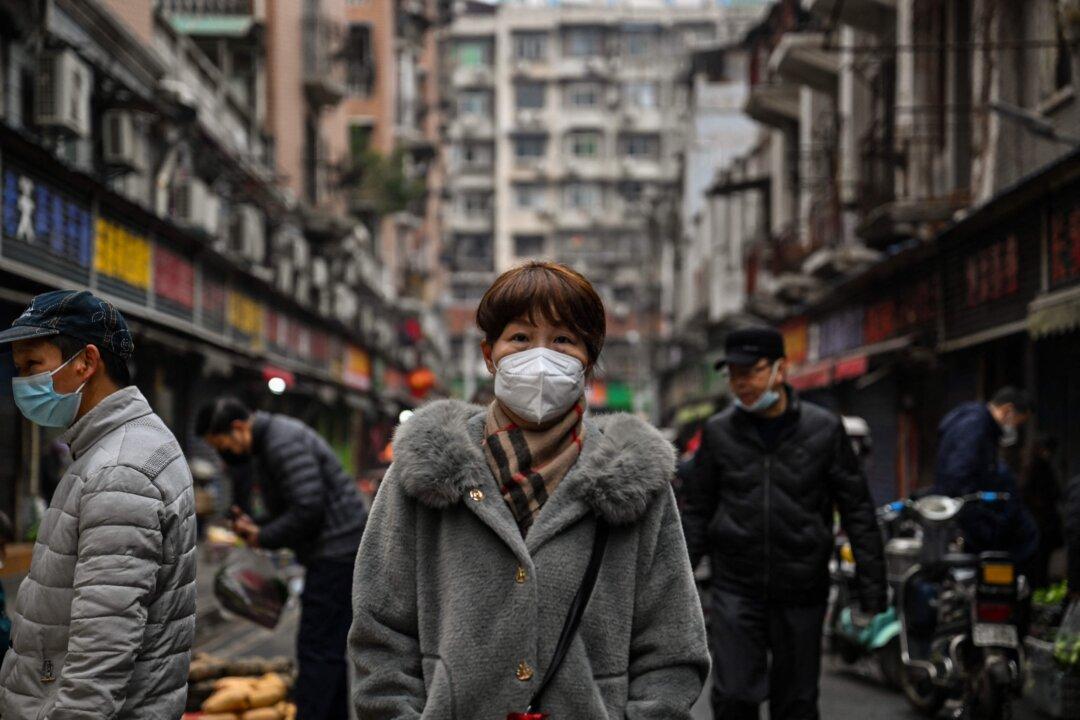Eighty percent of people in China have been infected with COVID-19 amid Lunar New Year celebrations, a top Chinese health official said on Jan. 21.
China has seen a surge in COVID-19 cases across the country. Most of the population has been infected, according to officials and studies, and crematoriums and hospitals have been overwhelmed. But the regime’s continuing coverup of the death toll makes it difficult to ascertain the true scale of the outbreak.





